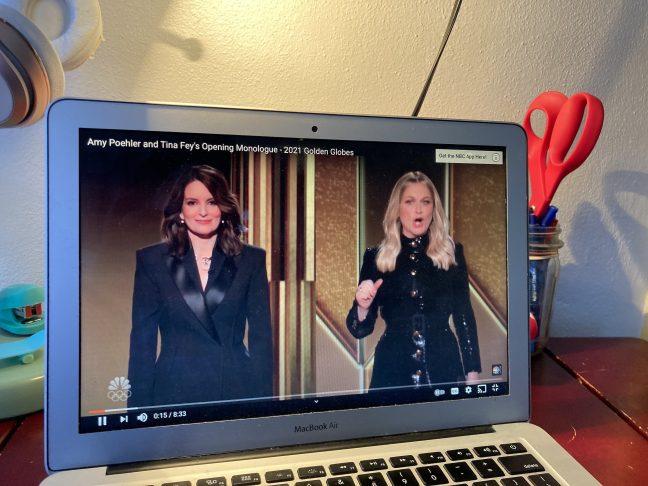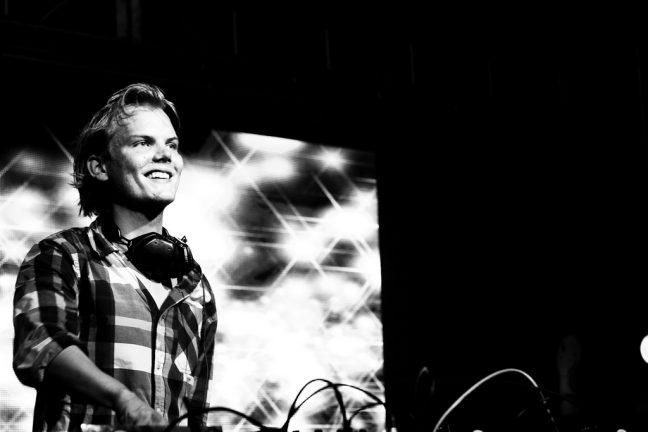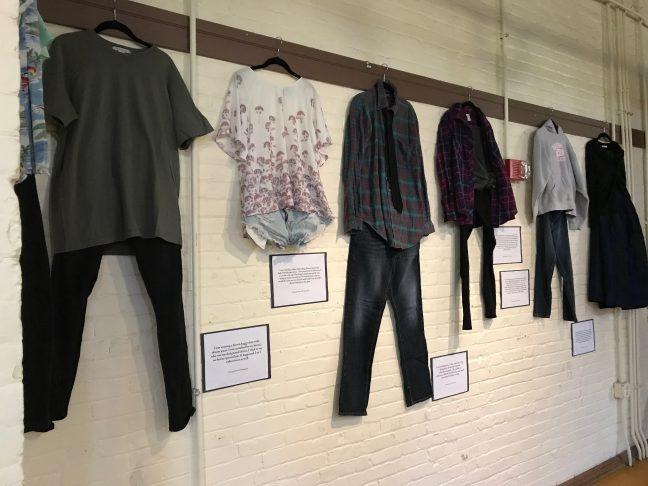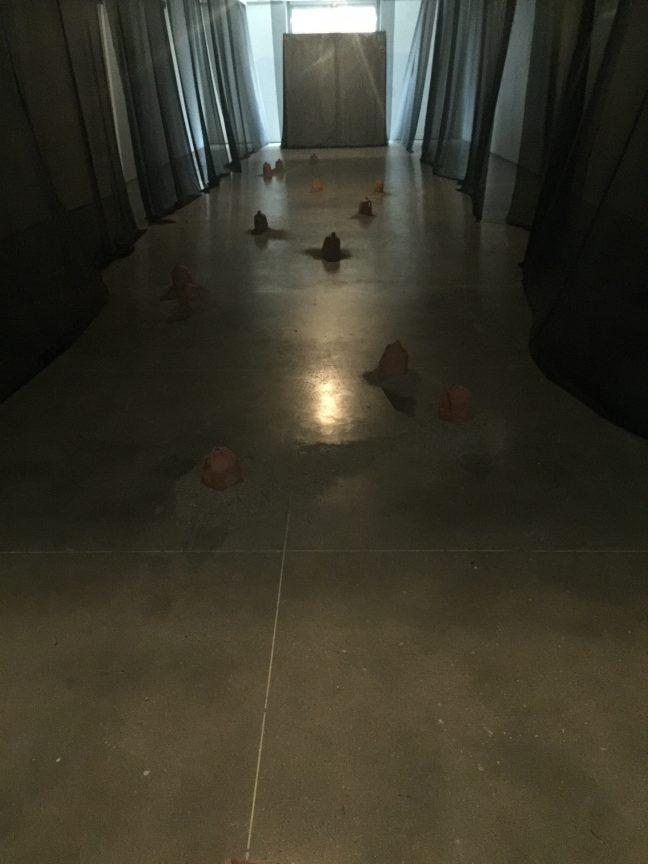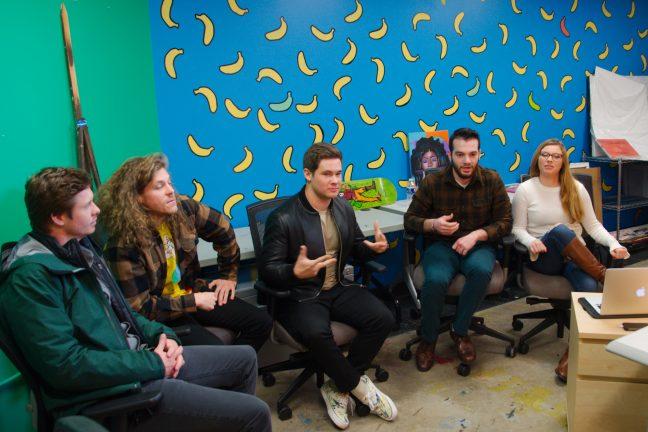
When Adam Ernst, who often goes by his Chinese tea name Qi Hong, opened his teashop nearly five years ago, he knew he wanted it to be a place for members of the community to discuss their ideas and bond over a simple cup of tea. Now, this teashop, Dobra Tea is the home to the University of Wisconsin Campus Women’s Center’s biweekly “communiTea” discussions.
Sadie Dempsey, a UW junior and the CWC program coordinator, is the woman behind the idea. She originally approached Ernst after seeing in Dobra Tea’s newsletter the business was looking to host more groups and discussions. Dempsey wanted to come up with programming for CWC that would get students involved, and to find a space that students felt safe to discuss freely in. Dempsey had always loved the environment at Dobra and felt it would work well with what she had in mind. It was the perfect match.
“[communiTea] is directly in line with my intent for the space,” Ernst said.
communiTea’s biweekly discussion sessions focus on topics relating to feminism. The first gathering’s topic was feminism and pop culture, though Dempsey said the conversation quickly expanded to include many other topics, including gender identity. Dempsey said the discussion veered towards the topic because they were unsure of what to expect in terms of attendees’ familiarity with feminism, but the group had no trouble carrying the conversation. Both Ernst and Dempsey were pleased with the turnout at the first communiTea gathering. Dobra Tea is just the right size for the type of discourse they encourage – just big enough to talk about other perspectives, but also not too big that they needed to break up into small groups.
Both Ernst and Dempsey believe maintaining openness and safety are essential to communiTea. It is their goal to make the group sustainable and ensure the conversations are nonhierarchical. Additionally, Ernst wants a variety of viewpoints and backgrounds represented in the discussion.
“Feminism is not what you think it is, to a certain extent, and we want show you that,” Ernst said.
According to Dempsey, students can especially benefit from these discussions. In university settings, discussions are often run by a facilitator or delivered in a panel format. In communiTea, the conversation is totally in the hands of the participants. People can come to listen, ask questions and participate in other ways. Because of the diversity in opinion communiTea strives to cultivate, a lot can be learned from these differences. Dempsey believes it is important to be able to have a productive discussion with someone in opposition to your beliefs and opinions and engage with people from all different backgrounds.
communiTea’s openness is also what sets it apart from other feminist discussions, Ernst said. Feminism has changed over the years and continues to evolve and morph. In American history, significant feminist movements include the suffrage movement, the women’s liberation movement and the “Sex Wars” of the 1970s. Feminism is now considered to be in its “Third Wave,” a movement whose characteristics and boundaries are less and less clear. Ernst believes this ambiguity is what makes communiTea compatible with modern day feminism.
“That’s why it’s working: feminism is being really open and receptive right now; the teashop is really open and receptive,” Ernst said. “It’s cool to have a topic that’s so passionate, so involved.”
Though feminism may be receptive, policing of labels does occur, Dempsey said. communiTea wants to get away from deciding who can and cannot be a feminist since it is an issue everyone can relate to. Ernst wants people to understand that the heart of conversations at communiTea aim to address gender issues and gender roles, not feminism exclusively. Ernst sees communiTea as an opportunity for personal development, both for himself and others. Feminist issues are everywhere in life, and gender roles have become a constant subject of debate in today’s world.
“I don’t feel like I’m an ally to the cause, I feel like the issue is in all of us, and in society, and I’m a part of that, whether I want to be or not,” Ernst said.
Dempsey and Ernst find common ground in their love of bringing people together. Beyond the opportunity to engage in thoughtful conversation with others, both communiTea curators stressed the benefit of the unique environment of Dobra Tea, and the power of a cup of tea.
Throughout his years of working at Dobra and his travels abroad observing tea culture, Ernst has witnessed tea’s ability to bring people together. The communiTea gathering held nearly two weeks ago was no exception.
“After the discussion and a cup of tea, it changes your relationship to [communiTea], and then all of us were all of a sudden a group of positive people,” Ernst said. “It’s very stimulating … the energy that evolves from that early in the morning with a few cups of tea. It’s awesome.”
The next communiTea gathering will be held Friday, March 1 from 9 a.m. to 11 a.m. at Dobra Tea, 449 State St. More information can be found on the CWC website, as well as both Dobra Tea’s and CWC’s Facebook pages.









